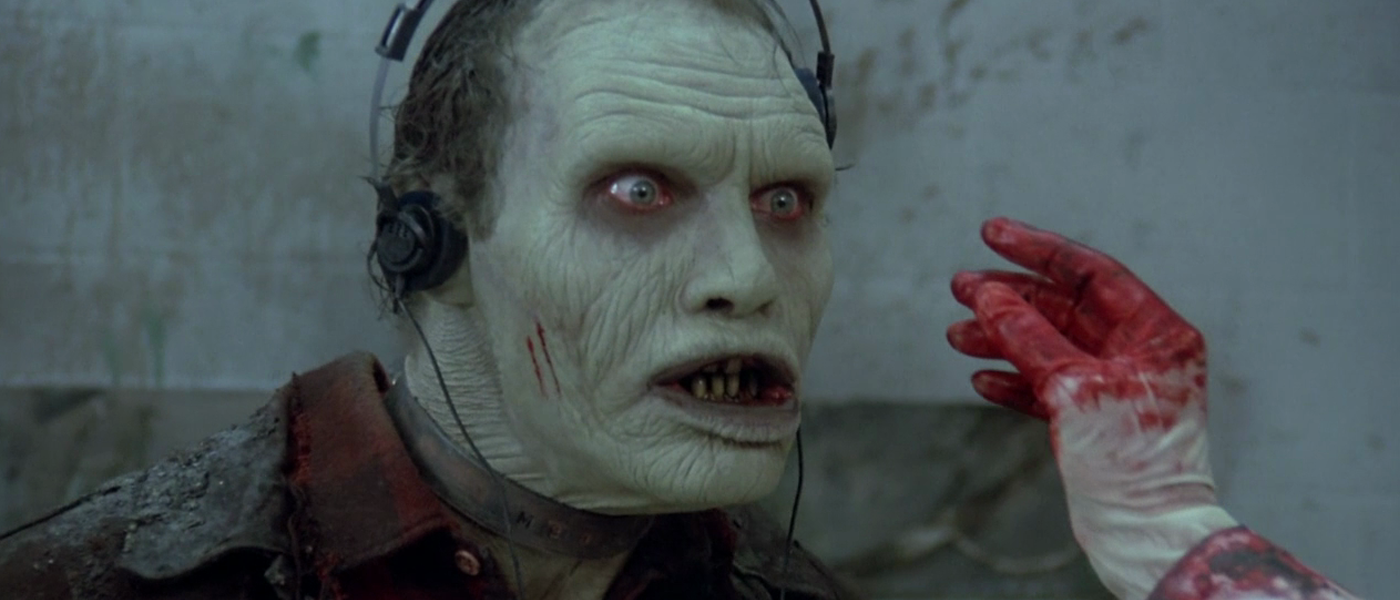Selma fails because it doesn’t try hard enough, which seems like an impossibility given the scope of the story. The key issue within director Ava DuVernay’s film is that it does a great job with timeline, but it does it within a shell of half-baked ideas (the whole FBI surveillance memo element seems wildly out of place in this conventional structure) and a strange habit of verbalizing emotions rather than showing them through the tumultuous experiences of the characters. All the principles in the cast do a decent job, but David Oyelowo’s performance seems distant and not as impactful as I imagined it would be, but perhaps that is by design to mute the myth of Dr. Martin Luther King Jr., but the horrendously plodding and safe screenplay doesn’t give us enough time alone with just the man. It’s interesting that the two most politicized films of the year (The other being American Sniper) do the same thing wrong: they mistakenly believe that the broader story is more interesting than the details, so both can never rise above their genre’s tropes to get at a greater truth. At the end of the day, Selma is an average film – nothing more, nothing less.
Selma

Selma
40%
Bottom Line At the end of the day, Selma is an average film - nothing more, nothing less.




